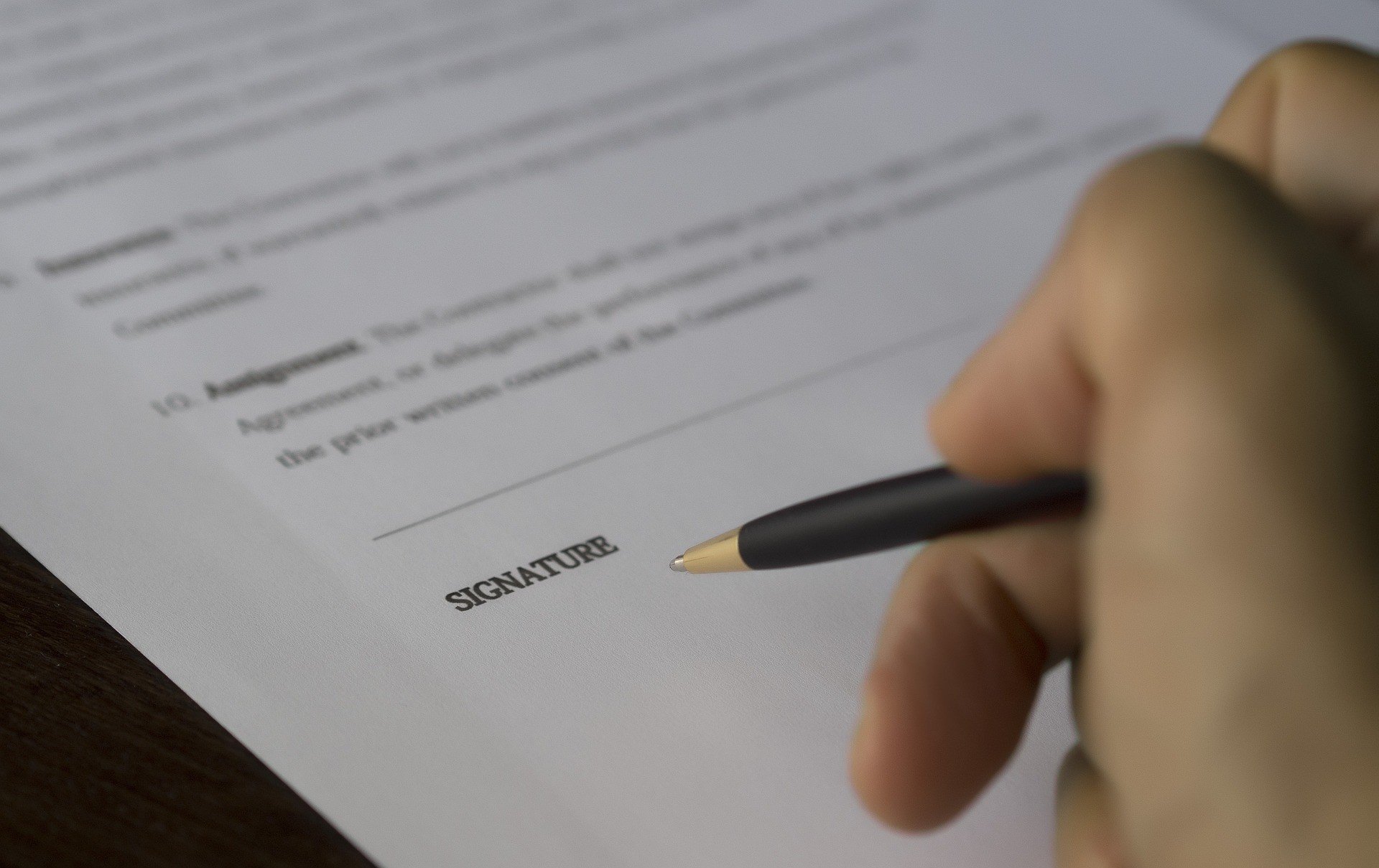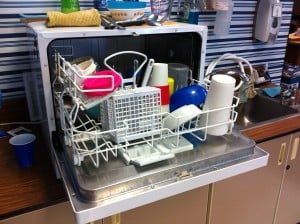No renter really likes to deal with the legal side of a tenancy, but knowing your rights and getting everything in writing from your landlord can help you have a happy and comfortable tenancy in your new Toronto apartment. We put together these 9 tips about the legal side of renting that every tenant should know.
- Review the lease and get it signed.
Read your lease thoroughly and ask questions of your landlord if you’re unsure about any of it. Sometimes, leases contain information that wasn’t disclosed in the rental description, like rules about pets, noise, guests and running a business from your rental. When you sign it, make sure the landlord does too. - Get tenant insurance.
Protect yourself by purchasing tenant insurance. This will cover you in case of damages that happen in your apartment – like if your shower leaks and damages your neighbour below’s furniture or property. Insurance can also cover items damaged in a fire, or stolen during a break-in. - Negotiate, but get it in writing.
Landlords are often willing to negotiate a lower rent for you if, for example, you promise to stay for longer than one year. When you come to an agreement about the rent, get it in writing and make sure your landlord signs it. - Get receipts.
When you pay your damage deposit, and for each month’s rent, ask for a receipt from the landlord or property manager. If a problem ever arises where you’re accused of not paying, you’ll have proof that you’re in the right. - Have a signed record of the apartment rules and landlord promises.
Similar to #1, go over any rules and requirements for your new apartment with the landlord. Make sure they’re all included in the lease. - Check the building bylaws.
Your landlord or property manager should provide you with a copy of the bylaws for the building you’re living in. These bylaws apply to renters as well as owners, and you’ll need to abide by them or you could face eviction. Read them over carefully, and if you have any questions or concerns, ask you landlord. - Protect your privacy.
Tenants need to know that their landlord is able to access the rental, but there are rules around it. In Toronto, your landlord needs to give you at least 24 hours notice before entering the apartment, and he or she can only enter every so often. Knowing your rights can help protect your privacy and can help you feel more at home in your apartment. - Protect your safety.
Your apartment should be reasonably safe. Things like deadbolts and locks on the windows, are critical to your peace of mind as a renter, and to the integrity of the apartment for your landlord. Safety items that might also include security cameras, gates and alarms should be discussed with the landlord BEFORE signing the lease, and any agreements you make together should be put down in writing and signed. - Know the local tenancy laws.
Apartment rentals in Toronto all fall under the Ontario Residential Tenancies Act. It’s a document that all renters should read over, and know the most important parts. Should problems with your landlord or property manager arise, the Landlord and Tenant Board of Ontario deals with tenancy disputes.




